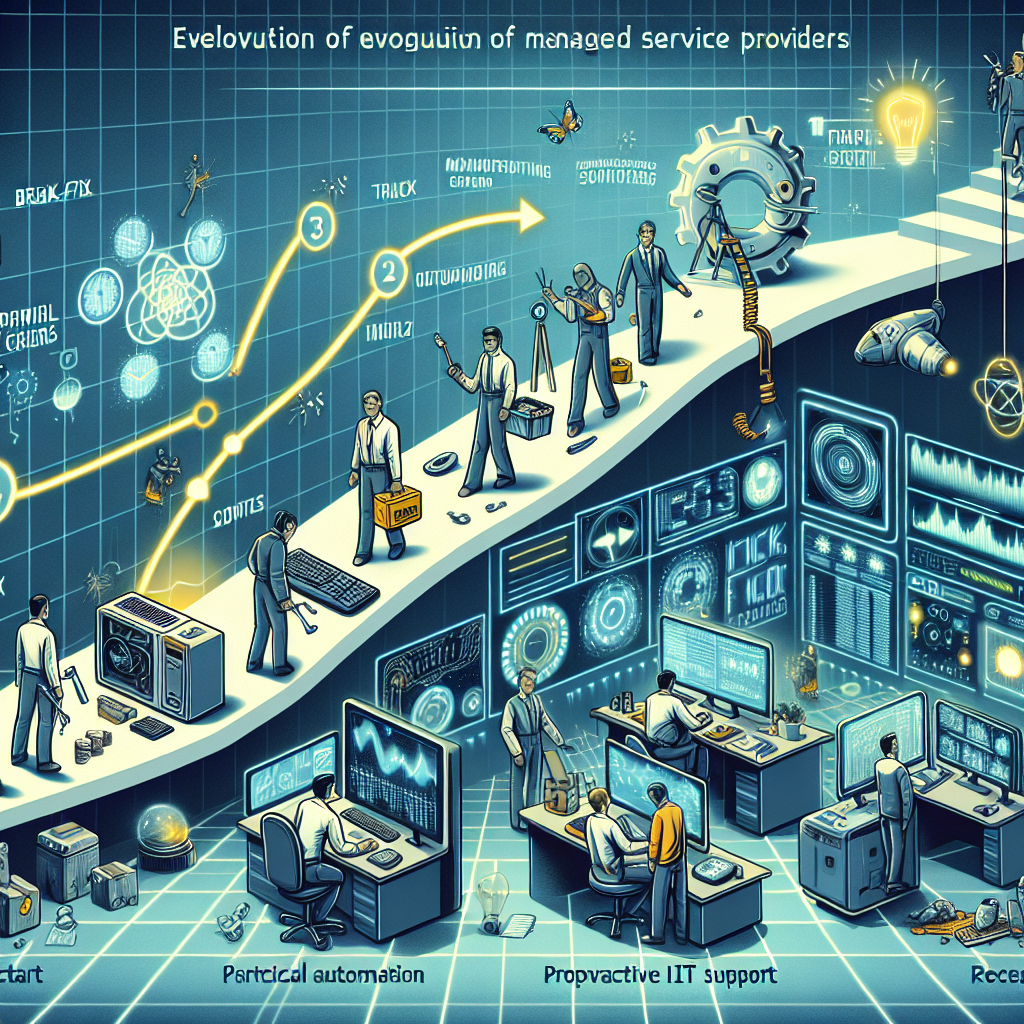In today’s fast-paced digital world, it is more important than ever for organizations to have reliable and efficient IT systems in place. Managed Service Providers (MSPs) play a crucial role in helping businesses manage their IT infrastructure and ensure that their systems are always up and running smoothly. However, with so many MSPs to choose from, finding the right provider for your organization can be a daunting task. Here are some tips to help you choose the right MSP for your business:
1. Assess your needs: Before you start looking for an MSP, it is important to assess your organization’s IT needs. Determine what services you require, such as network monitoring, data backup, security management, or cloud services. This will help you narrow down your search and find an MSP that can meet your specific requirements.
2. Consider experience and expertise: When choosing an MSP, it is crucial to consider their experience and expertise in managing IT systems. Look for providers that have a proven track record of working with organizations similar to yours and have a team of certified professionals with the necessary skills and knowledge to support your IT infrastructure.
3. Evaluate reliability and responsiveness: Choose an MSP that offers reliable and responsive support. Make sure they have a 24/7 helpdesk and can respond quickly to any IT issues or emergencies that may arise. It is also important to consider their Service Level Agreements (SLAs) and uptime guarantees to ensure that your systems are always up and running.
4. Check for security measures: Data security is a top priority for organizations, so it is essential to choose an MSP that has robust security measures in place. Make sure they have a strong cybersecurity framework and adhere to industry best practices to protect your sensitive information from cyber threats.
5. Consider scalability and flexibility: As your organization grows, your IT needs may change. Choose an MSP that can scale their services to accommodate your evolving requirements. Look for providers that offer flexible service plans and can easily adapt to your changing business needs.
6. Get references and reviews: Before making a decision, it is important to research and get references from other organizations that have worked with the MSP. Reading reviews and testimonials can give you valuable insights into the provider’s reputation and the quality of their services.
Choosing the right Managed Service Provider for your organization is a critical decision that can have a significant impact on your business operations. By following these tips and carefully evaluating your options, you can find an MSP that can help you optimize your IT infrastructure and support your organization’s growth and success.










